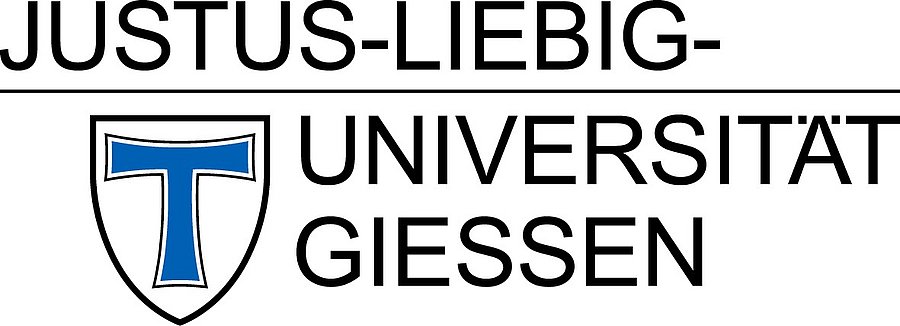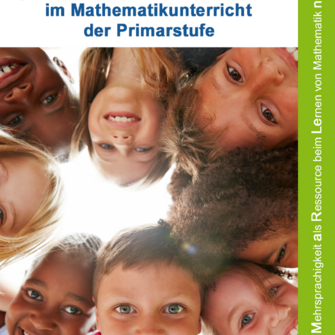"Multilingualism as a Resource for the Learning of Mathematics" is a cross-university research project. The Fetzer working group and the Söbbeke working group, both at BUW, research, discuss and publish together with the Schreiber working group at Justus Liebig University Giessen.



Dear colleagues and researchers interested in multilingualism and mathematics education,
As the editorial team, we are currently planning the third volume in our book series(Multilingualism as a Resource for the Learning of Mathematics). We would like to invite you to contribute to this upcoming volume. All essential information is summarised in this short handout. Please do not hesitate to contact us if you have any questions about the book project
(soebbeke[at]uni-wuppertal.de).
The importance of language for learning maths is seen as central from both a cognitive and a communicative perspective and receives a great deal of attention in mathematics didactics. In the context of globalisation and migration, multilingualism among learners is the rule in everyday mathematics lessons. Accordingly, recent research projects and studies in mathematics didactics have focussed on subject-specific and linguistic learning under the conditions of multilingualism.
The mini-symposium will focus on multilingualism from a resource-orientated perspective. The question of the extent to which the diversity of languages of origin and bilingual settings can represent a resource from a subject-specific perspective will be explored. The aim is to discuss which specific competences multilingual children bring with them and to what extent these can be utilised and promoted for mathematical learning.
We welcome a wide range of contributions that focus on multilingualism and bilingual learning as a resource. Qualitative and quantitative studies are equally welcome, as are project outlines that stimulate academic discourse.

(English translation: linguistic and cultural resources in primary school maths lessons)
Eileen Baschek, Marei Fetzer, Rebecca Klose, Christof Schreiber & Elke Söbbeke (eds.)
Read more